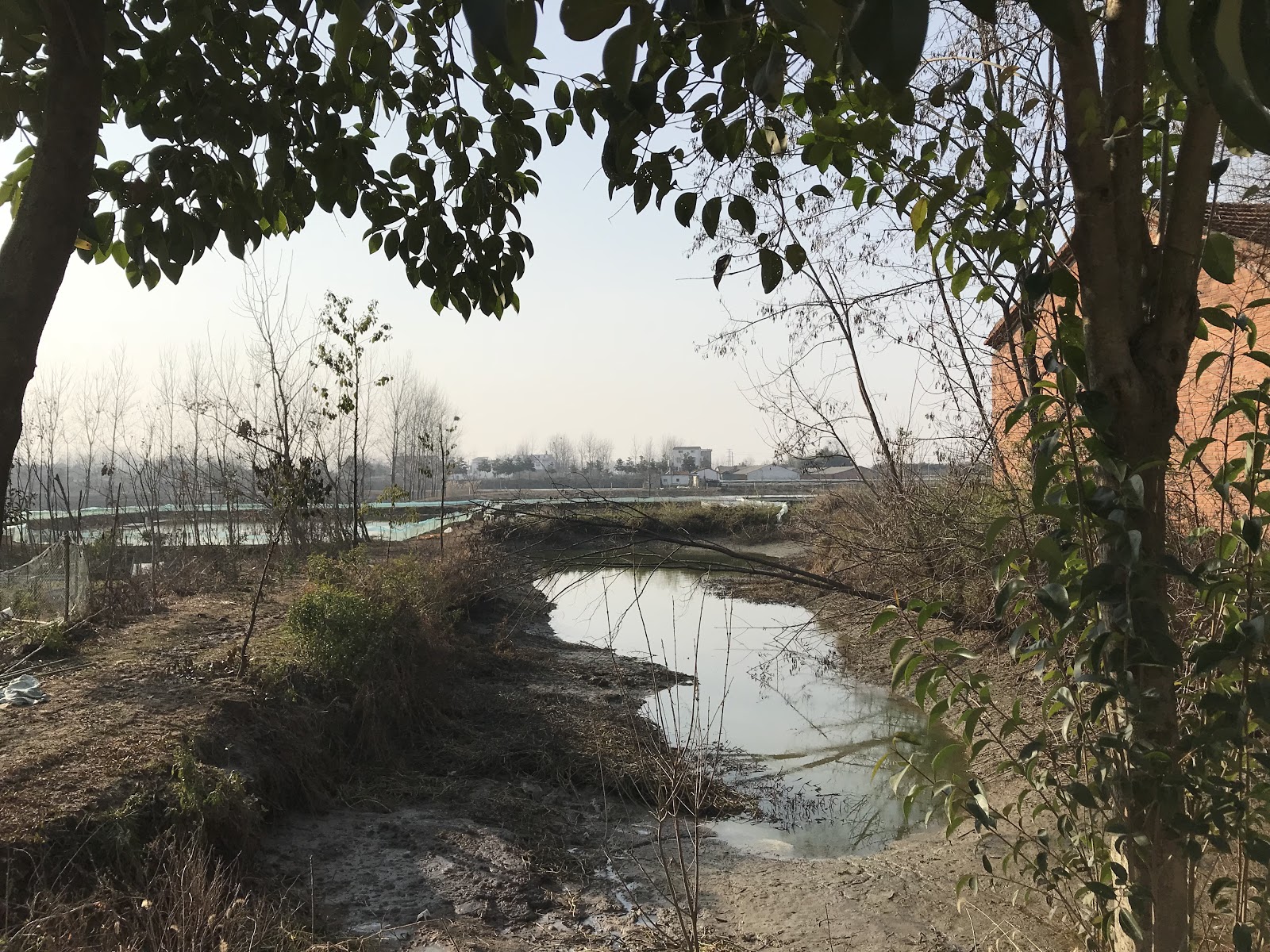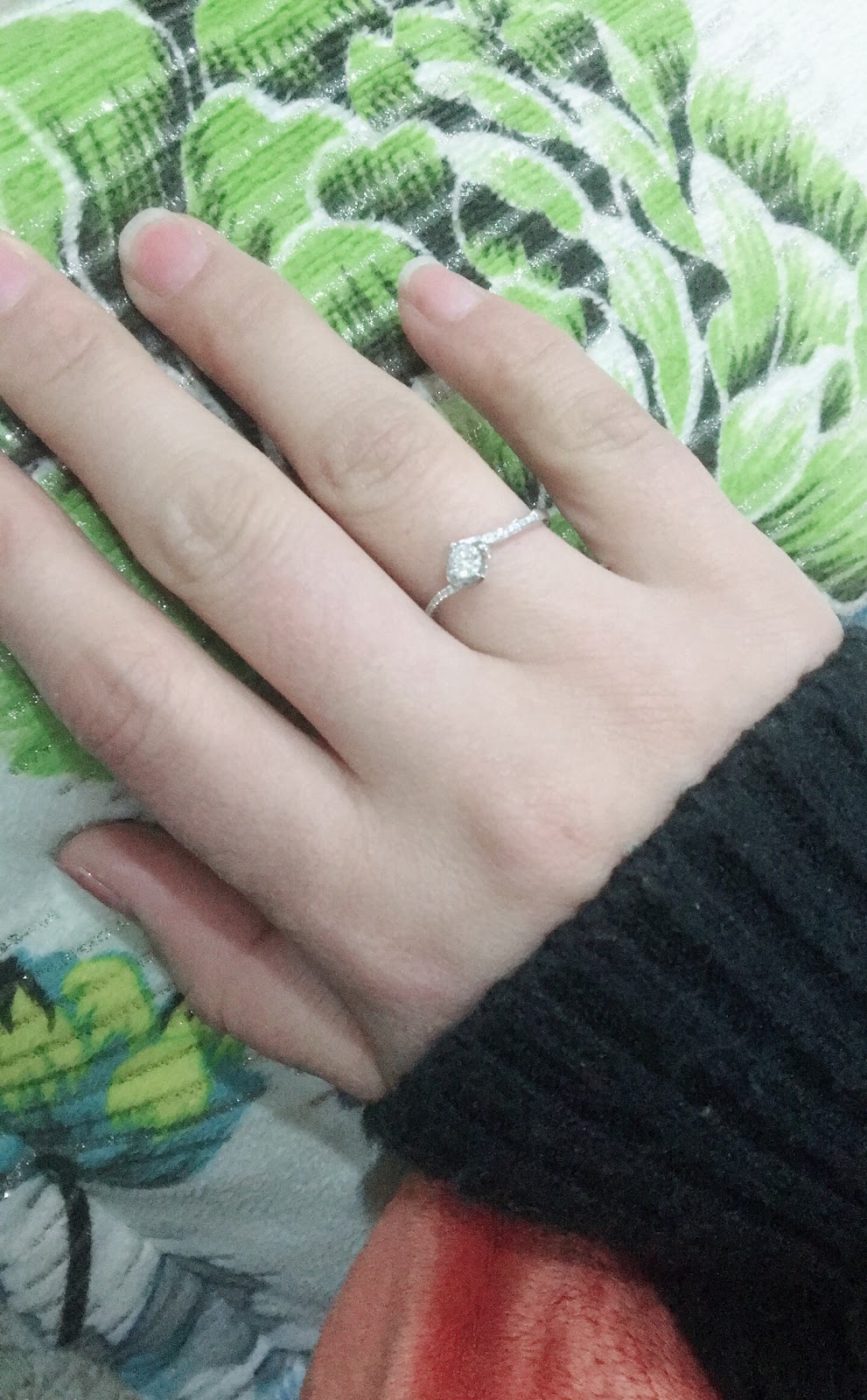Love in Rural China: An Engagement

The cost of love
Editor’s Note: In 2018, our correspondent some time with a family in Sanpi 伞陂, a town in Huangchuan County, Henan, about 230 kilometers from Wuhan. She returned this year to spend Spring Festival with her host family in hopes of answering a question: What is love in rural China?
This five-part series describes love and the way it manifests itself in five kinds of relationships, between:
- Mother and daughter
- Oneself
- Young lovers
- Father and son
- Husband and wife
Note: the names of the people in these stories have been changed.
Today’s story is about Lei Weiwei 雷薇薇 and Yu Qiqi 余奇奇, a young couple recently engaged.

Just after Spring Festival last year, I met Lei Weiwei 雷薇薇 and her fiancé Yu Qiqi 余奇奇 for a meal. A boiling pot sat between us. As Qiqi added lettuce and tofu to the rumbling soup, I asked Weiwei once more if I could see her ring. She reached her hand through the steam over to my side of the table. It’s a thin, silver band, with a small stone in the middle.
Weiwei and Qiqi met during college, and they now work across the street from one another in the county nearest each of their respective towns. Qiqi, who is from Longxiang 龙乡, works at a fitness center, and Weiwei, who is from Sanpi, works at the beauty supply shop. When I met Weiwei last year, she and Qiqi had been together for nearly two years. She was relieved to have met someone she truly liked. Most of her friends were struggling to connect with the people they met on blind dates arranged by their parents. She hoped, eventually, both of their parents would approve of their relationship.
“So, how did he propose?” I asked.
She didn’t know what I meant.
I clarified: “When did you decide to get married?”
“Qiqi’s parents invited my family to lunch,” she replied — the most important meal in this particular part of China. “We all knew why we were going, but no one talked about it. I was nervous. I bought new clothes and new shoes. It was the first time I had met his family. I was so worried they might not like me.”
“When the lunch first started, conversation was casual,” she continued. “We talked about each other’s families, how business had been, etc. Once everyone had eaten and drank a bit, Qiqi’s dad proposed a toast to my mom and dad. He said he was grateful Qiqi and I had one another. He thought we were ready to marry. My parents agreed.
“Once we had all eaten and the men drunken a bit more, Qiqi’s father stood to offer my father a red packet (with a sum of money inside). That’s when it became official we would get married.”
I asked her to explain.
“I am now going to become a part of Qiqi’s family, so, his family should offer something to mine in return.”
Qiqi, who was completely silent, inhaled food and sipped a beer, diligently making sure Weiwei’s bowl always had something in it so she could take bites during pauses in the conversation.
Nearly a year later, Weiwei and I are together once more. I ask her again if it makes her sad that she’ll be spending this New Year away from her family, as she’s now technically become part of Qiqi’s.
“In China, everyone knows this will happen when a girl is born. That’s why when couples were only allowed to have one child, they didn’t want girls. They needed help on the farm or with family businesses, and they needed someone to take care of them when they grew old. Couples had to have boys. It’s better now, though, because there are not enough girls for men to marry. Baby girls are much more precious, and people want to have them.”
“What about your family? Does it make them sad that your priority will now be Qiqi’s family?” I ask Weiwei.
“I think [my parents] can relax now,” she says. “Men are under a lot of pressure to make money, buy a house, and buy a car. No girl’s family would be willing to let her marry a man who didn’t have those things. Qiqi’s parents put a lot of pressure on him to provide for a woman, and now he can. My parents don’t believe I should work too hard or put too much stress on my body or mind. They want me to take it easy, rest more, and raise a baby. Qiqi will take care of me, and they won’t have to.”
Weiwei continues on. “Growing up, I wanted to be a strong woman (女强人 nǚ qiángrén), but now I realize how much work that would be. I think I prefer to have a more comfortable life, rely on Qiqi, and just have a baby one day.” She looks at me, almost as if she feels guilty about it.
“What happens if a family has only a daughter?” I inquire.
“That won’t happen,” Weiwei responds quickly. “For educated people in cities, that may be an option, but for families like mine…we can’t have just a daughter.”
By “families like mine,” Weiwei means families in villages that have minimal education and few lucrative work opportunities available to them. Families like hers are families that worry every day about how they’ll make enough money to keep everyone well. Women, of course, are believed to be less capable than men, and therefore, less capable of making money.
“Does this mean,” I ask, “you are less valuable to your parents than your little brother?”
She looks at me for a while, tilts her head sideways, looks down, then back at me, expressionless, and says: “Yeah…probably. But I don’t think they love me any less.”
Love in Rural China is a five-part series that will run every day this week. Previously:






